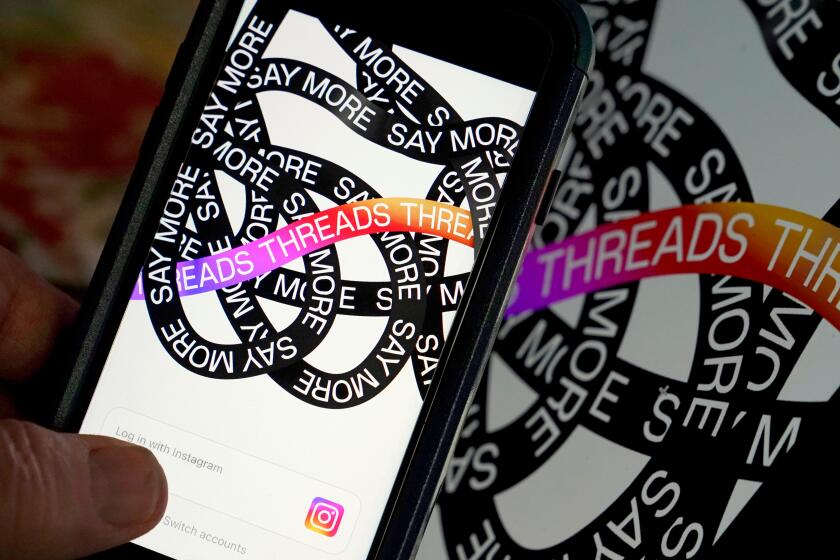Column: The FDA can single-handedly reduce drug price-gouging. Why is it waiting?
The crisis in soaring drug prices has produced not merely a new class of public enemies to skewer -- step forward, Martin Shkreli! -- but the best evidence yet that the nation’s healthcare regulatory priorities are out of whack.
How badly the regulators have failed is the theme of an article by Jeremy Greene of the Johns Hopkins School of Medicine, just published in the Journal of the American Medical Assn. His argument is that the Food and Drug Administration has ample authority to quell profiteering in the generic drug market, but hasn’t used it.
Addressing monopolistic conditions that give rise to sudden price hikes is a means to ‘prevent future shortages.’
— Jeremy A. Greene, Johns Hopkins School of Medicine
Greene pegs his analysis to the run-up in prices of generic drugs whose manufacturers face little or no competition, and therefore almost no disincentive to keep prices reasonable. The poster child for the issue, of course, is Shkreli. He’s the brash young investor whose Turing Pharmaceuticals acquired the rights to Daraprim, a treatment for a parasitic disease especially threatening to HIV and cancer patients, and jacked up its price 5,000%, from $13.50 a pill to $750.
But Shkreli was not a pioneer and was hardly alone, as Greene documents. Valeant Pharmaceuticals last year raised the price of two generic heart medicines by 1,886% and 3,650%. In some cases, shortages of generics with only one or two manufacturers prompt “gray market” middlemen to rush into the breach, providing supplies of vital drugs at huge markups. These activities have generated plenty of political smoke, including policy statements from presidential candidates and congressional investigations, but so far no action.
Sometimes FDA action itself prompts a price run-up. That’s what happened with Makena, a drug to prevent premature births, which won FDA approval as an “orphan drug” in 2011. As hydroxyprogesterone caproate, the drug had been in common use by physicians at a cost of about $15 per injection. The FDA approval, however, gave its manufacturer, KV Pharmaceuticals, exclusive rights to market the branded generic and keep competitors out of the market for seven years. KV raised its price 100-fold, driving the cost of a full treatment to $25,000, from $250, and ending access to the treatment for thousands of women.
But what the FDA can do, it can undo. Greene observes that one problem suppressing competition in the generic-drug market -- preventing competitors from rushing in to undercut price-boosters -- is the sluggish pace of action by the FDA, which must validate manufacturing quality and certify generics as “bioequivalent” to their branded versions.
The FDA’s years-long backlog of approvals now runs to thousands of drugs. Because of the backlog from previous years, of the nearly 1,600 applications for new generic drug approvals submitted in fiscal 2014, not a single one was approved by the end of the fiscal year.
It doesn’t have to be that way for every drug. The agency is empowered to prioritize applications for generics that “could help mitigate or resolve a drug shortage and prevent future shortages.” Traditionally, the FDA has been reluctant to deal with the economics of drug pricing. But as Greene observes, “addressing monopolistic conditions that give rise to sudden price hikes is a means to ‘prevent future shortages.’”
Priority review could still take six to 12 months. In the interim, the FDA could bolster competition in several ways. It could temporarily allow compounding of the high-priced drug. That’s been an answer to the Turing Pharmaceutical hike in Daraprim, which prompted the San Diego compounding firm Imprimis to offer a cut-rate formulation of the generic drug.
But compounding, in which special formulations of drugs are made for individual patients, isn’t normally an option for drugs in high demand, in part because the formulas and manufacturing plants are subject to the same rigors of FDA inspection as other facilities. Bulk compounding can be permitted by the FDA in special cases. Greene argues that the agency should allow it temporarily while a expedited review is taking place. That’s what the FDA did in response to the Makena price hike. The agency also could temporarily allow the importation of generics from overseas sources with competent regulation.
Either step could cut way down on price-gouging by manufacturers exploiting the complexities of U.S. drug regulation, which is what Shkreli and Valeant did. Any signal that the FDA won’t allow such exploitation in the future, Greene concludes, would “invalidate the business case for cornering markets on older, essential medicines.” A simple change in FDA policy could do more, and do it faster, than any number of congressional hearings.
Keep up to date with Michael Hiltzik. Follow @hiltzikm on Twitter, see our Facebook page, or email michael.hiltzik@latimes.com







